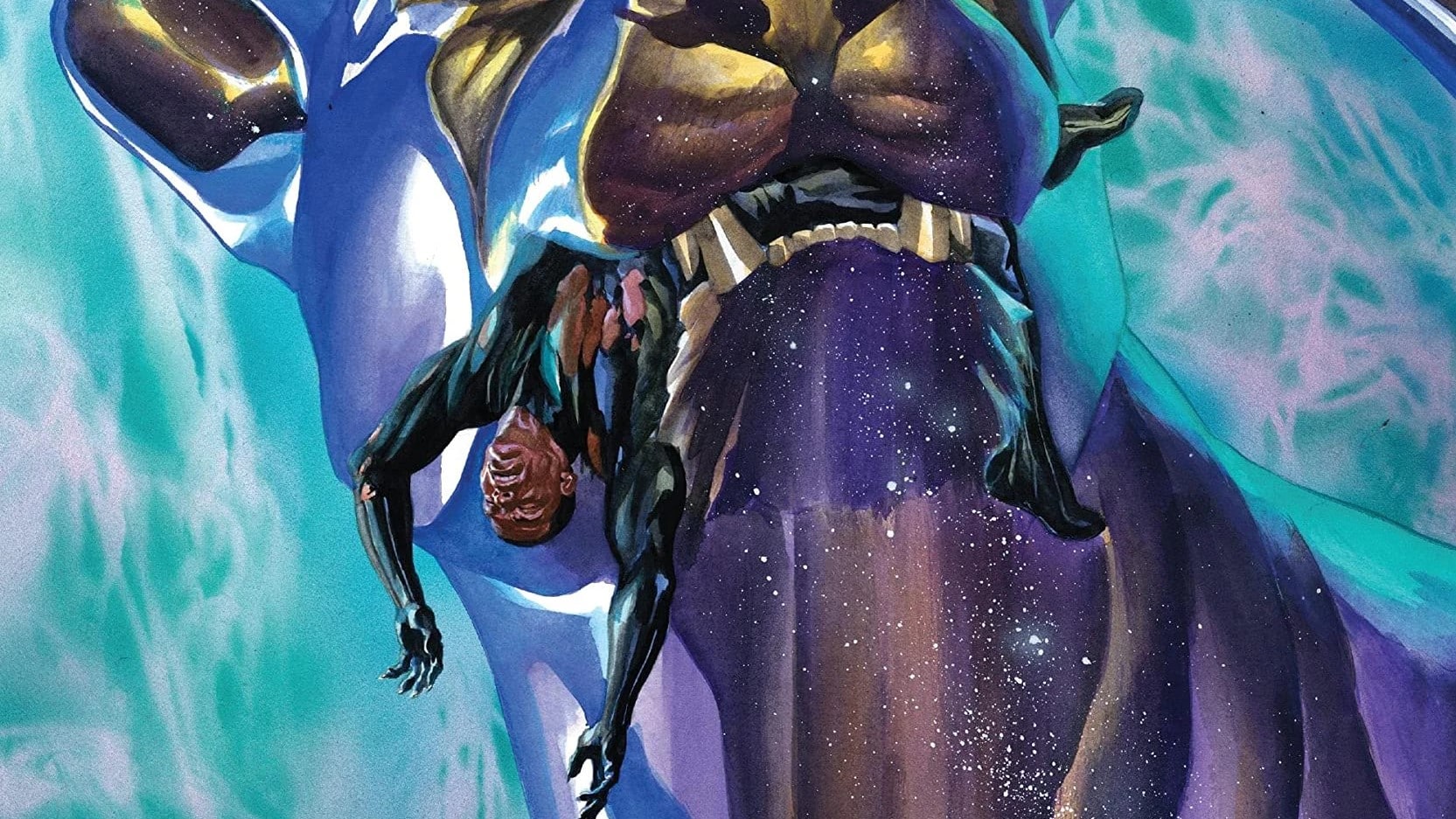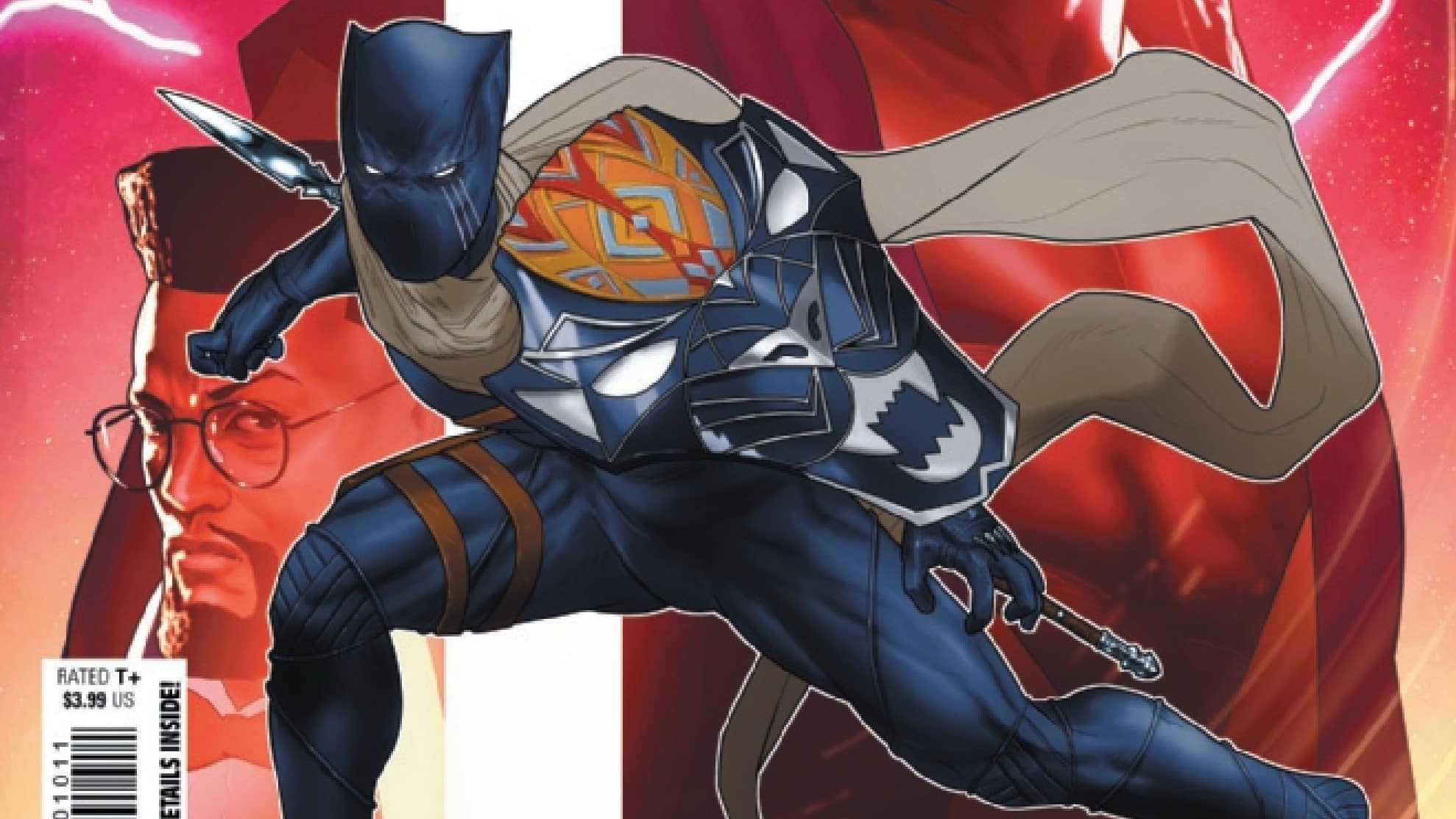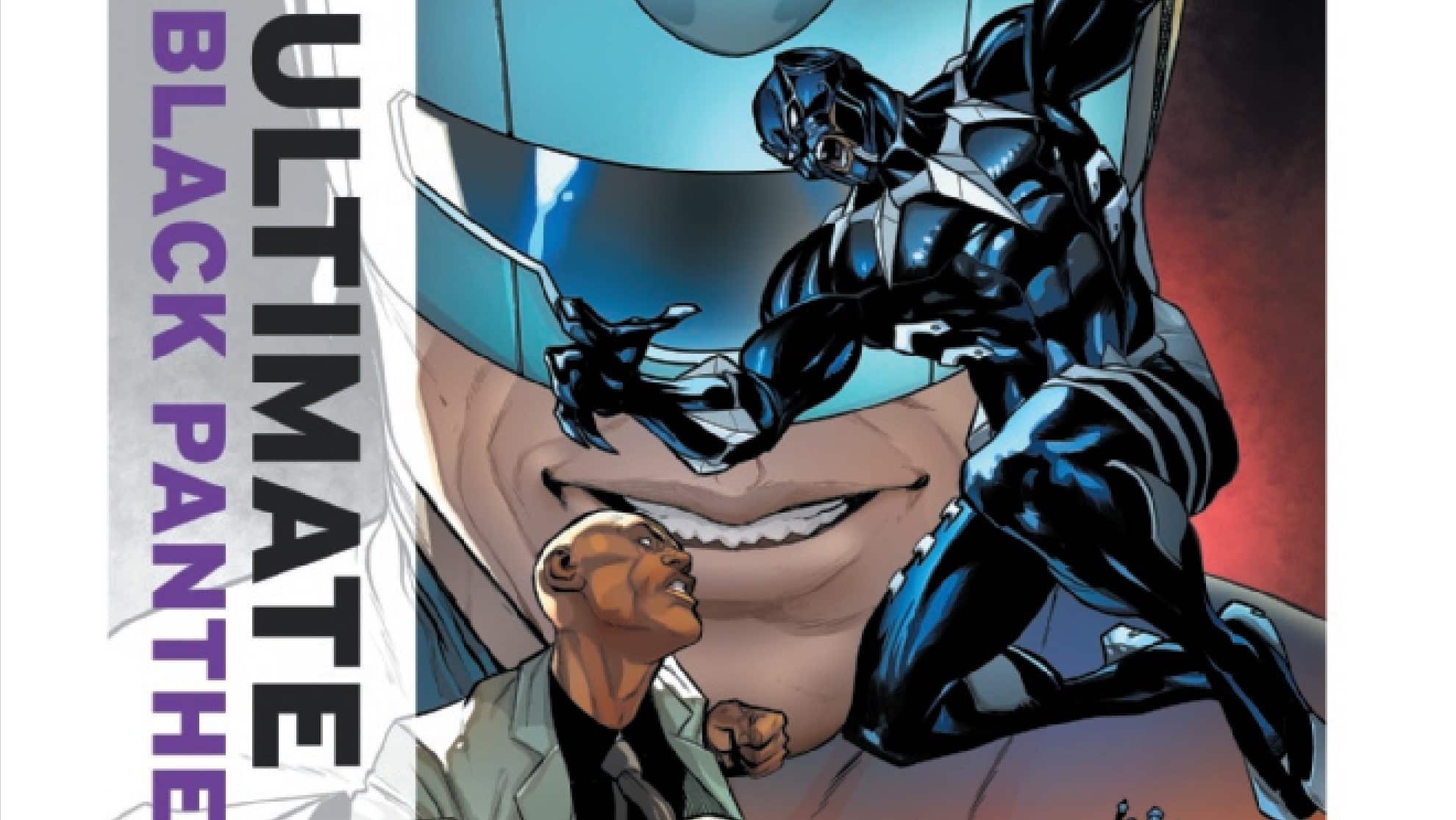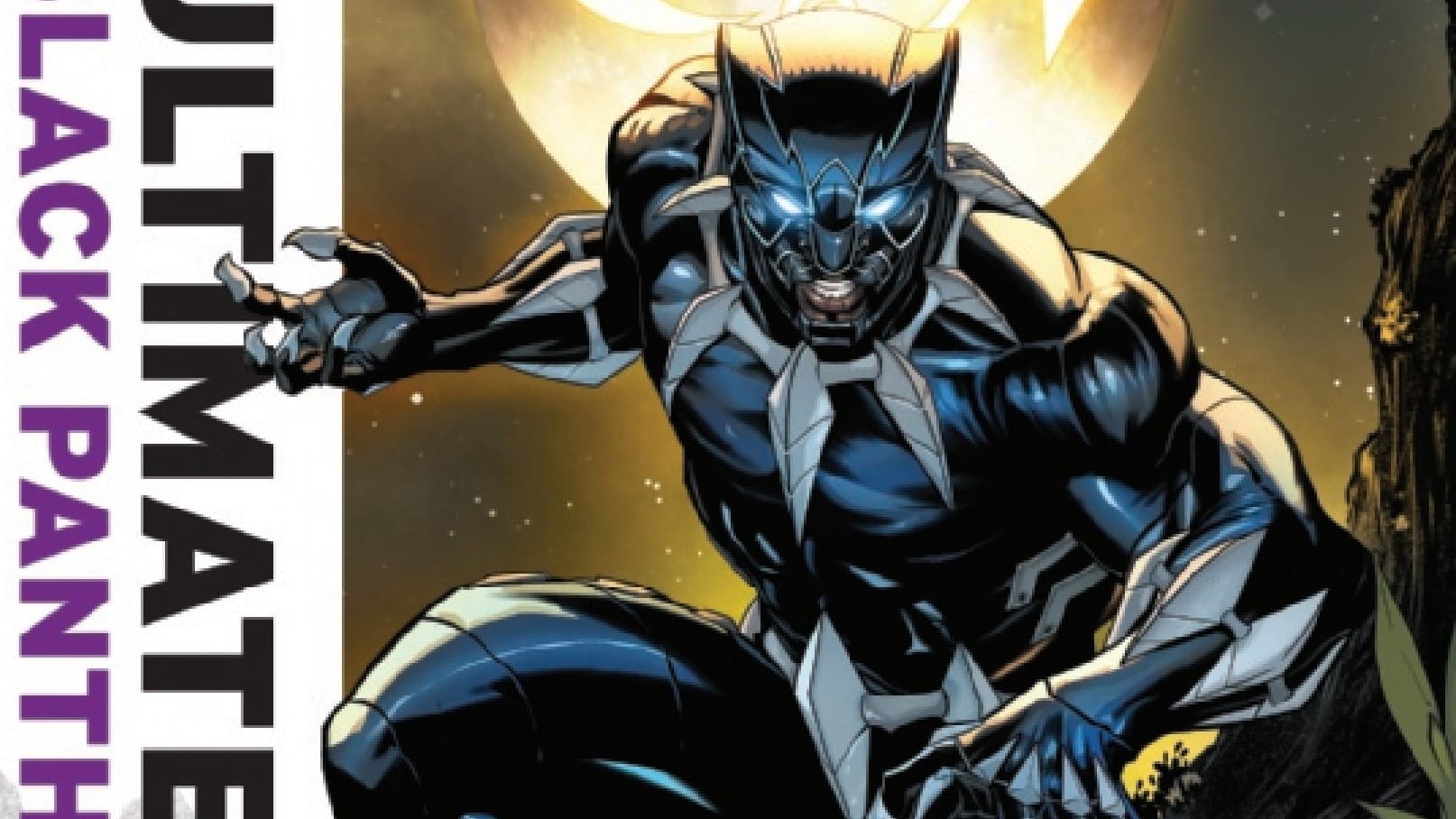I remember reading Black Panther, the penultimate issue of the Intergalactic Empire of Wakanda, featuring just about every Black Marvel hero, from mutant to avenger and everyone in between, coming together to save Wakanda.
It was pure fantasy fulfillment, and I felt joy.
I remember reading X-Men, following Synch’s story of self-realization in and redirection from the evils of The Vault, as he came to grips with what it meant to live, love and survive.
It was poignant and precedent, and while his journey was not joyful, I felt joy at being able to see my journey in his.
I remember reading the first issue of Victor LaValle’s Sabretooth, one of the most despicable characters in comic history, a criminal and psychopath, whose imprisonment was not due to his criminality or pathology, but due to his inconvenience. I remember feeling a surge of anger and frustration that the plight of so many I’ve grown up with, so many I’ve mentored, so many I’ve known, could be translated into words and pictures so thoroughly and correctly.
There was no joy in the message; no joy in the comic’s reflection of American incarceration and carnage, and yet I felt comforted, vindicated that those feelings I sometimes had a hard time vocalizing were shared and in print.
Validation brought me joy.
There are many valid criticisms one can lob at John Ridley’s Black Panther run, which ends today with issue #15, one stands head and shoulders above all:
There is no joy here – not for the characters, not for the readers, and, one suspects, not for Ridley himself.
Ridley’s Panther, to be clear, was never bad: was never incomprehensible or indecipherable. He combined dialog and action much more seamlessly than his predecessor. For those with no expectations, no context, and a middling interest in the subject matter, all of this was good enough.
Therein lies the problem. Good enough isn’t good enough.
T’Challa regressed from the supreme tactician leading Secret Wars and the thoughtful, humble revolutionary that emancipated an intergalactic empire into a callous, selfish, petulant monarch. The master tactician of the Avengers who out-witted God Emperor Doom was gone. The empathy and care of Coates’ run and, fairly or not, of Chadwick Boseman’s on-screen representation, was replaced by arrogance and contempt.
This was a different man than we’ve seen before; I’m not sure it’s a man I ever want to see again.
Whatever issues Coates had while writing Black Panther, and there were many (haphazard pacing, overly intellectualized language, a paucity of action), passion for the characters came through. Passion for the story. Passion for the idea of Wakanda, an idea which was expanded thoroughly through his tenure.
There was a lot of potential story to tell there; so many places for the story to go, and…well…
Nothing.
But nothing could be OK. No one should be beholden to someone else’s vision. Still, to forge ones on path is one thing; to disregard so much of what came before is another.
Making a formerly loved main character unlikeable isn’t necessarily a deal breaker. I don’t need to like or love the main character. I do, however, need to connect with them. To empathize with them. To feel their pain and frustrations, to understand their motivations, to give context to their actions. In Sabretooth, evil and sadistic as Victor Creed was, as he is, he makes a more effective protagonist than Ridley’s T’Challa because I’m forced to understand him and, to a degree, to empathize with him.
I harbored no empathy for T’Challa. I had no reason to, thus I struggled to connect with this story, a story that only works if you can identify with the main character.
This just wasn’t a good Black Panther story.
Of that story, in short: T’Challa is frustrated that his newly democratic Wakanda does not appreciate his wisdom; wisdom which included having spies embedded in countries around the world, waiting to strike at any one or thing the king deemed a threat. As one of these spies, Jhai, was (seemingly!) killed by someone with ties to Wakanda. T’Challa, in grief at losing a friend, pulls back the secret spy program – but not before more bloodshed and the program’s eventual dissolution by the democracy. T’Challa, now on the run from his country, separated (again) from his (former) girlfriend, disrespected by even his peers in the Avengers, subject to the whims of his rival Namor, finds himself facing off against that once-thought-dead brother-cum-spy, whose dedicated himself to creating a world in which a just and fair T’Challa can run – even if it means the world has to crumble.
Sounds interesting, right?
If one only read this issue, the last issue of the run, where T’Challa’s personal and public failures come to a head, you’d be right.
Here Jhai, who just issues ago seemed all too eager to kill and destroy, secedes control to T’Challa without incident. The juxtaposition of the fight they could have had, the fight their words waged, with their actual, stoic demeanors was maybe a highlight of the run. The art by Germán Peralta, along with Alex Ross’ covers, have been a saving grace for the run, always exceeding the impact of the dialog. Jhai is willing to sacrifice himself (again) so that T’Challa may emerge victorious. And sacrifice himself he does, but not to T’Challa, whose love and guilt prevents him from taking his (former) friend’s life, but to Omolola, Jhai’s former lover.
With the threat now gone, T’Challa bids adieu to his kingdom, his status as King left nebulous, his family left behind, his country in the hands of more than capable women (notably all women or non-binary femmes) ready to defend it to the death.
The issue was the strongest since the first, especially and specifically in the way in which T’Challa and Jhai’s confrontation concluded. Jhai is by far and away the most intriguing character here, a character whose central conceit – how do you best serve a kingdom when you can’t separate it from the king you love – is timely, significant…
And not at all well developed.
The why’s of his action, the pangs of his decision making, the language used to attract recruits – all things that are left unexplained, all things that could have made this character better, all things implied for this character right before his head (and finger) are cut off.
This extends to characters like Omolola, Folasade, even the silly but affable Buffalo Soldier – none were really given enough time to develop into characters we could empathize with or care about beyond surface-level, plot-fulfilling conceits.
Even if all names were replaced, even if T’Challa became Timmy and Wakanda became Kenya and all ties to Marvel were switched, this still wouldn’t be a fulfilling story. The story, though completed, feels incomplete, rushed, leaving us with the titular character – and his fans – broken down.
Thankfully, that character and those fans won’t have to wait too long to see a revival.
A creative team lead by Eve Ewing and Chris Allen is coming in June, along with a reworked version of the Avengers. The preview of the new Panther costume looks like an African Anime Ninja hybrid which, for posterity, is a great and wonderful thing.
Ewing, from her work on Ironheart, the Champions, and Photon, prioritizes emotions, focusing character motivations and rationalizations over action. For a character whose emotions ranged only from dour to angry and back, this may be a welcome reprieve.
Thus as excited as I am for the end, I’m even more excited for this new beginning.
Sometimes characters can benefit from a palette cleanse, with everything being wiped from the board, forming a new perspective to create new memories and a new history.
Insomuch as he’s created a blank slate for T’Challa to re-earn his audilation and “show them who you are”, Ridley was successful.
But in all other aspects, this run stands as a massive disappointment, one that (hopefully) a new team can remedy.
I remember being frustrated, feeling beaten and ready to quit. I remember the message, cribbed from the Bible of all places (Psalm 30:5), that kept me moving:
“Weeping may endure for a night,
But joy cometh in the morning”
Here’s to more mornings for Wakanda, and more joy for the rest of us.
A proud New Orleanian living in the District of Columbia, Jude Jones is a professional thinker, amateur photographer, burgeoning runner and lover of Black culture, love and life. Magneto and Cyclops (and Killmonger) were right.
Find more of Jude’s writing here.






